Vietnam: What are the detailed Japanese alphabets including Hiragana, Katakana, Kanji, and Romaji?
What are the detailed Japanese alphabets including Hiragana, Katakana, Kanji, and Romaji?
The four writing systems in Japanese include Hiragana, Katakana, Kanji, and Romaji, with the detailed Japanese alphabets as follows:
Japanese Hiragana Alphabet
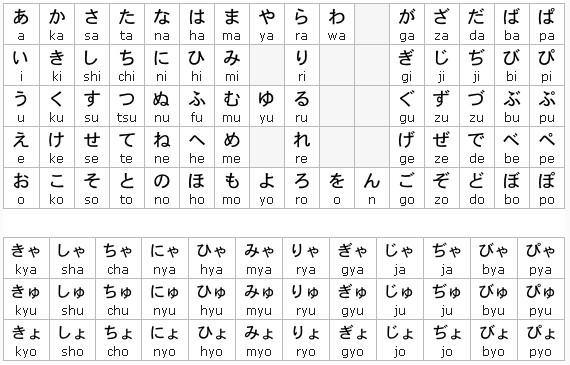
Japanese Katakana Alphabet
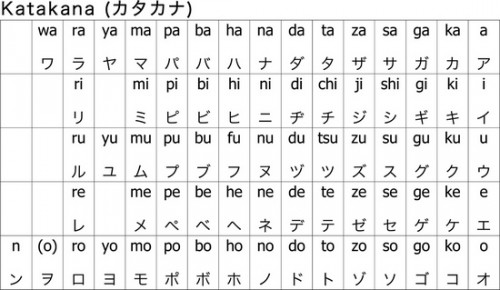
Japanese Kanji Alphabet
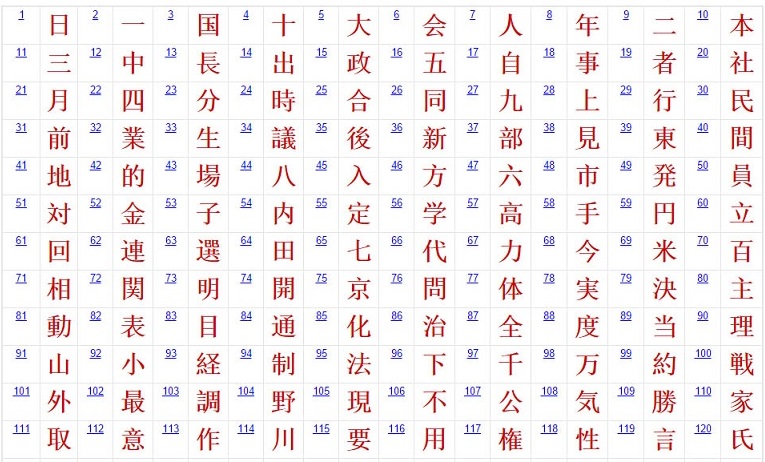
Japanese Romaji Alphabet
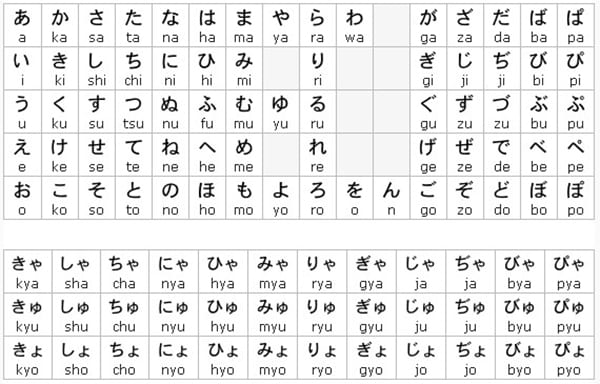
Note: Contents are for reference purposes only!
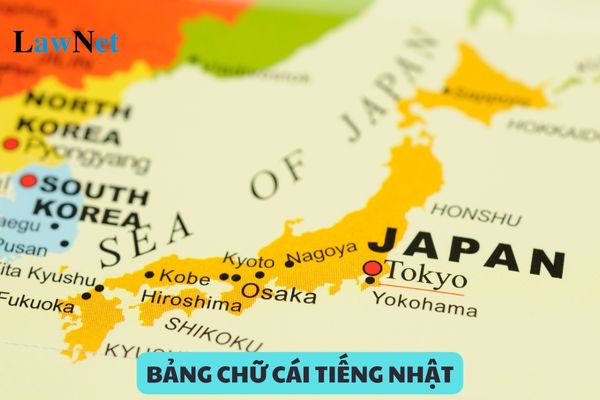
What are the detailed Japanese alphabets including Hiragana, Katakana, Kanji, and Romaji? (Image sourced from the Internet)
Is Japanese a compulsory subject in the 2018 General Education Program in Vietnam?
According to subitem 2.1, Section 2, Part 4 of the General Education Program issued together with Circular 32/2018/TT-BGDDT (amended and supplemented by Clause 1, Article 1 of Circular 13/2022/TT-BGDDT) as follows:
Career orientation stage
2.1. Education Content
Compulsory subjects and educational activities: Literature; Mathematics; Foreign Language 1; History; Physical Education; National Defense and Security Education; Experiential and Career Orientation Activities; Local Education Content.
Elective subjects: Geography; Economic and Legal Education; Physics; Chemistry; Biology; Technology; Informatics; Music; Fine Arts.
Students choose 4 subjects from the elective subjects.
Study modules: Each subject like Literature, Mathematics, History, Geography, Economic and Legal Education, Physics, Chemistry, Biology, Technology, Informatics, Music, Fine Arts has several study modules forming a cluster of study modules for the subject to meet in-depth differentiation requirements, helping students enhance knowledge and practical skills, applying learned knowledge and skills to solve real-world problems, meeting career orientation requirements. Each study module lasts for 10 or 15 lessons; the total duration for a cluster of study modules of a subject is 35 lessons/year. At each grade 10, 11, 12, students choose 3 clusters of study modules from 3 subjects suitable to their preferences and the school’s organizational capacity.
Schools may design subject combinations from the aforementioned subjects and study modules to meet learner needs while ensuring suitability with the conditions of the school’s teaching staff, facilities, and teaching equipment.
Optional subjects: Ethnic Minority Language, Foreign Language 2.
...
Furthermore, Part 5 of the General Education Program issued together with Circular 32/2018/TT-BGDDT, it provides:
GUIDANCE ON EDUCATION CONTENT
....
1.2. Foreign Language
The Foreign Language subject helps students form and develop language competence (foreign language) to use confidently and efficiently, serving study and communication needs, and meeting the development requirements of human resources in the process of industrialization, modernization, and international integration of the country.
General education students must mandatorily study one foreign language (called Foreign Language 1) and are allowed to choose at least one additional foreign language (called Foreign Language 2) according to their aspirations and the educational institution’s capacity.
Foreign Language 1 is a compulsory subject from grade 3 to grade 12. Educational institutions may organize Foreign Language 1 classes starting from grade 1 if students have demand and the institution is able to meet it.
According to the guidelines in Official Dispatch 3898/BGDDT-GDTH in 2024, Foreign Language 1 includes English, German, Korean, Russian, Japanese, French, and Chinese.
Thus, Japanese is one of the Foreign Language 1 subjects. Although Foreign Language 1 is a compulsory subject, students can choose to study one from the array of English, German, Korean, Russian, Japanese, French, and Chinese.
Is Japanese one of the test papers in the high school graduation exam in Vietnam?
According to Article 3 of the High School Graduation Exam Regulations issued together with Circular 15/2020/TT-BGDDT as amended by Clause 1, Article 1 Circular 02/2024/TT-BGDDT, the high school graduation exam in 2024 will consist of five test papers. To be specific:
- 3 compulsory independent test papers: Mathematics, Literature, Foreign Language (English, Russian, French, Chinese, German, Japanese, and Korean);
- 1 Natural Sciences composite test paper including constituent subjects Physics, Chemistry, Biology;
- 1 Social Sciences composite test paper including constituent subjects History, Geography, and Civic Education for students following the general education program at the upper secondary level or History, Geography for students following the continuing education program at the upper secondary level.
Thus, Japanese is also one of the test papers in the high school graduation exam. Japanese will be one of the three compulsory independent test papers (specifically the Foreign Language test papers where candidates choose one from English, Russian, French, Chinese, German, Japanese, and Korean).

